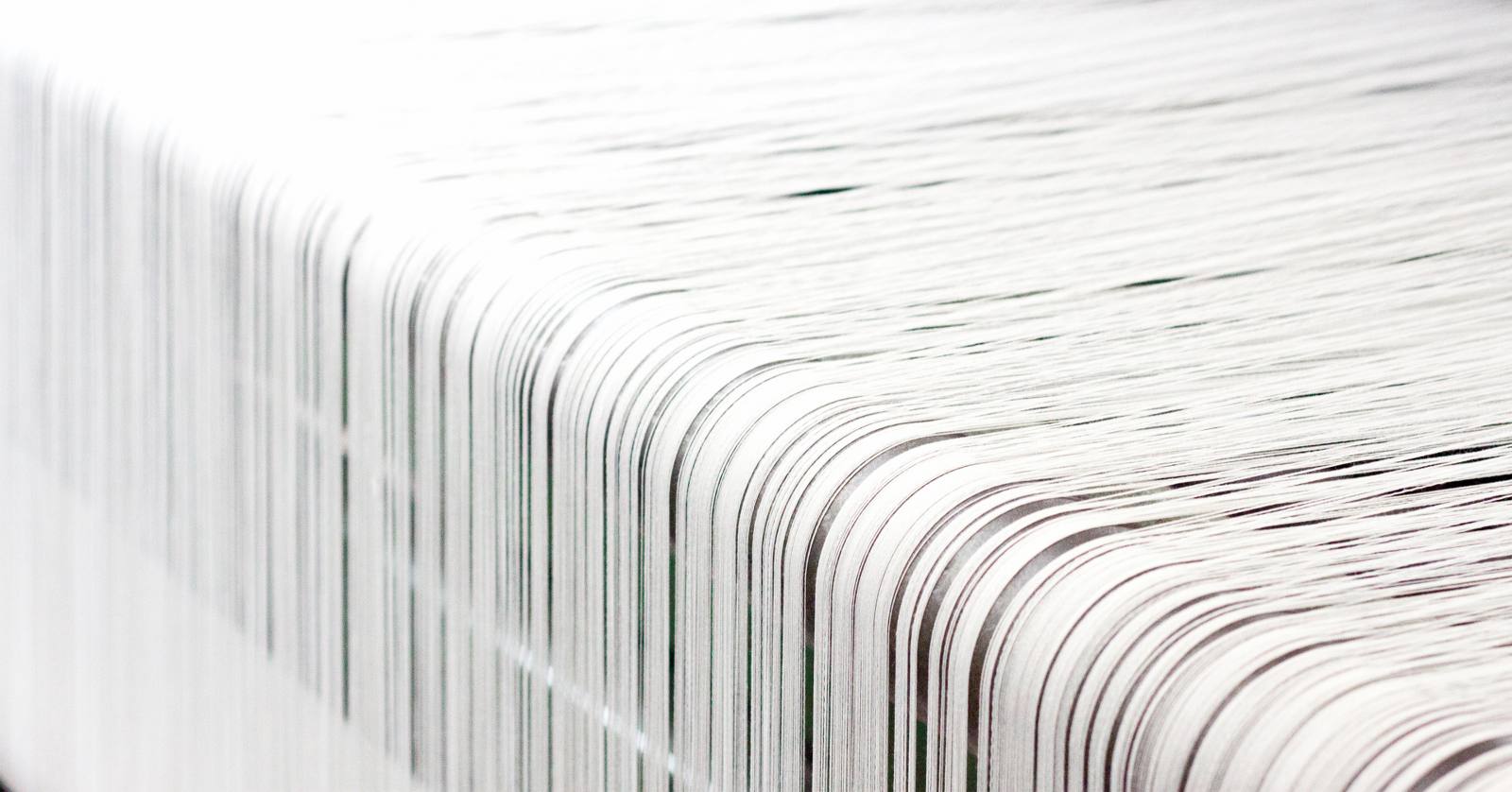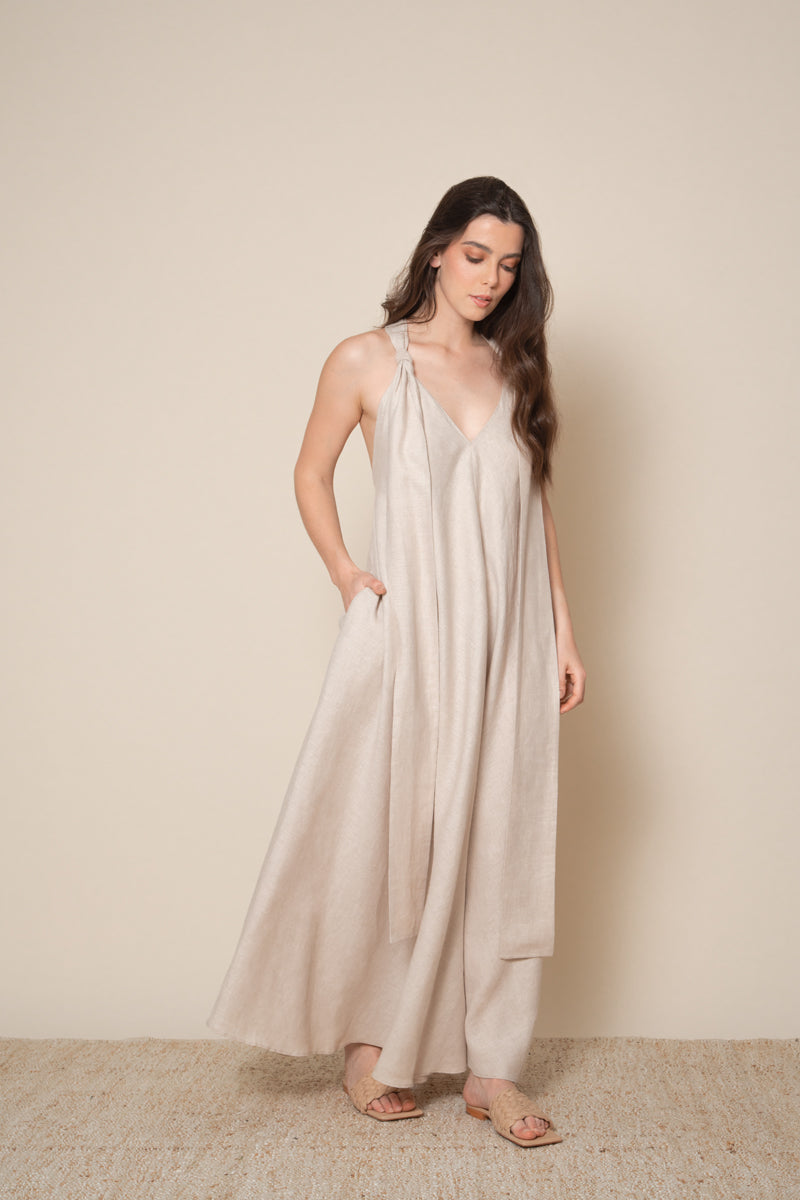
Ethics
At Francis Stories our designs are created with one mandatory basic requirement;
Providing our customers with the highest quality garments in a sustainable way.
Sustainability is simply being able to run a process in the same manner, at the same pace and with the same output quality indefinitely throughout time. This means that the same direct or indirect resources can be used at a pace at which they can regenerate and continuously provide the initial quality. This means that the same collaborators of the different stages of the process can contribute with their labor while sustaining, or even improving, a honourable lifestyle and respectful working conditions. This means that the pace at which all outputs of the process – either the final product that reaches the end of its lifecycle or waste created during the manufacturing process of each of its components – must not surpass the rhythm at which Nature can absorb them. Furthermore, it also means that these outputs are never, at any time, harmful to the environment, which comprises also human life and wildlife.
Breaking any of these conditions would lead to a continuous – no matter how slow – degradation of the whole process, ultimately culminating in the accumulation of such a high level of internal stresses that the entire process would fall apart. To achieve a fully sustainable fashion process, Francis Stories has already taken big steps towards meeting the aforementioned conditions and is continuously improving the areas where compliance is not yet absolutely achieved.
TIMELESS PIECES
We proactively promote a longer usable lifecycle for our garments – through the long-lasting quality of designs and materials –, reducing thus the pace at which new raw materials are required and the pace at which outputs of the process are generated, leaving more time for Nature to regenerate.
BIODEGRADABLE MATERIALS
We advocate the use of only natural products, mainly wools – which are biodegradable – and metals – which, although not being biodegradable, occur naturally in Nature. We stay away from synthetic materials, since these are neither natural nor biodegradable.
Despite the highest care and growing sophisticated recycling processes, there will always be a part of a synthetic garment that goes to waste as microfibers, either during washing or natural wear from use. These wasted fibers will eventually enter the ecosystems and remain there, indefinitely polluting the water, land or being ingested by animals. While the vast majority of our clothes are purely made out of natural materials, the ones that are the exception to this rule only have a very insignificant percentage (less than 1%) of synthetic materials. Still, we are continuously working to reach the 100% natural target.
EUROPEAN CRAFTSMANSHIP & PRODUCTION
We work towards having a whole production process developed in a respectful way towards all its intervenients. Instead of sending our production to some far-off location to bring down costs, we chose to concentrate it within Europe and, as much as possible, around us, so that we can easily ensure, in person, that the workers have access to fair working conditions that can sustain a dignified and honorable life.
We believe that only by fairly valuing and dignifying the labor of highly skilled craftsmen and craftswomen we can deliver high-value distinct garments to our customers.

